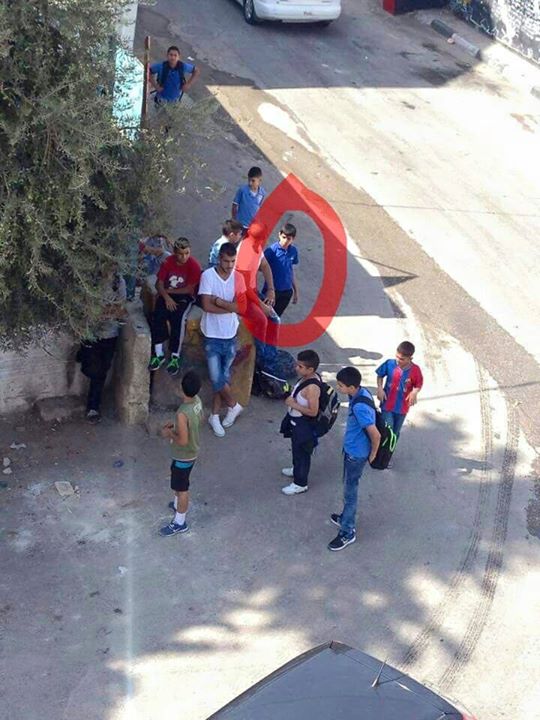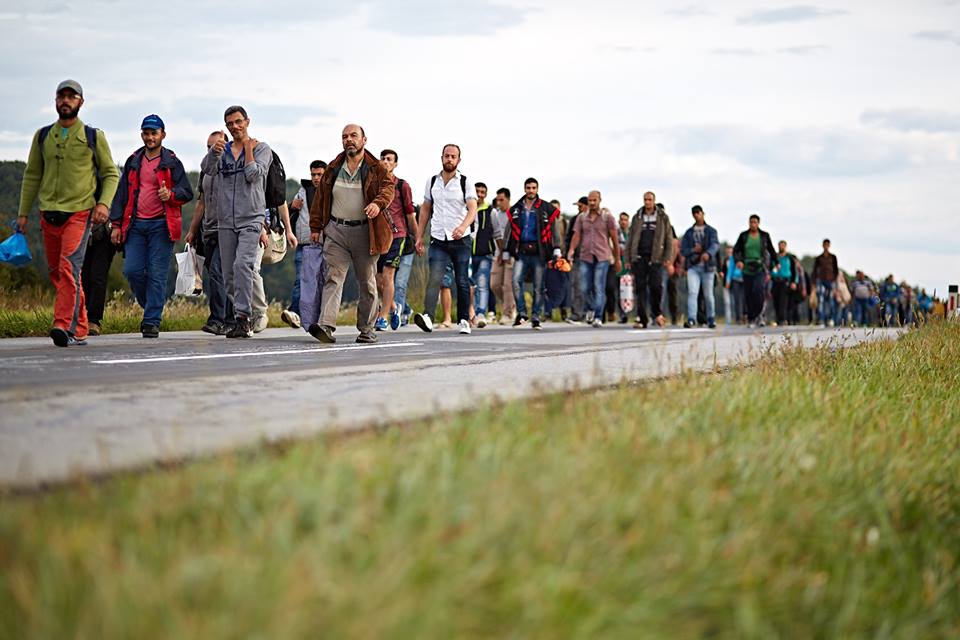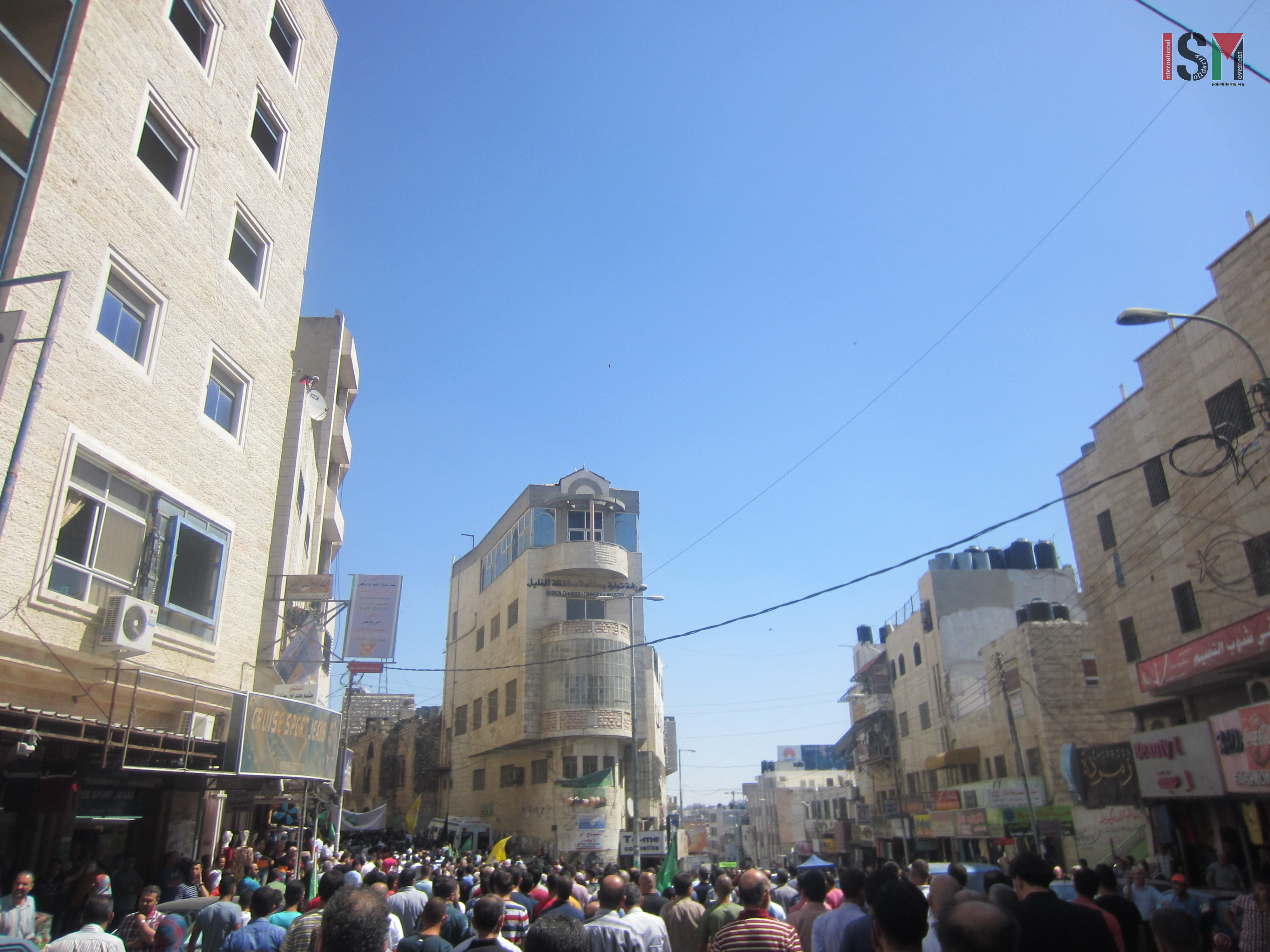Category: In the Media
-
12 year old Palestinian killed in Bethlehem as violence explodes across the West Bank
5th October 2015 | International Solidarity Movement, Al-Khalil team | West Bank, occupied Palestine Abed al-Rahman Shadi Obeidallah, 12 was still in his school uniform when he was rushed in a civilian car to Beit Jala hospital from Aida refugee camp in Bethlehem today. The boy, from from a Al Kahder village, was shot in the…
-
Call for European Open Borders Caravan
24th September 2015 | Open Borders Caravan | Europe Open Borders are calling on activists, collectives, affinity groups, migrant solidarity initiatives and citizens all over Europe to join the Open Borders Caravan, starting in Ljubljana on the 26th of September at 10 am, and going to the border at which migrants will be struggling for…
-
Hadil Salah Hashlamoun honoured by thousands in Al-Khalil
23rd September 2015 | International Solidarity Movement, Al-Khalil team | Hebron, occupied Palestine Today, 23rd September 2015, thousands of mourners gathered for the funeral of murdered teenager Hadil Salah Hashlamoun. The teenager was brutally gunned down in cold blood by an Israeli soldier at a military check point. Tensions were high as Hadil’s body was…



